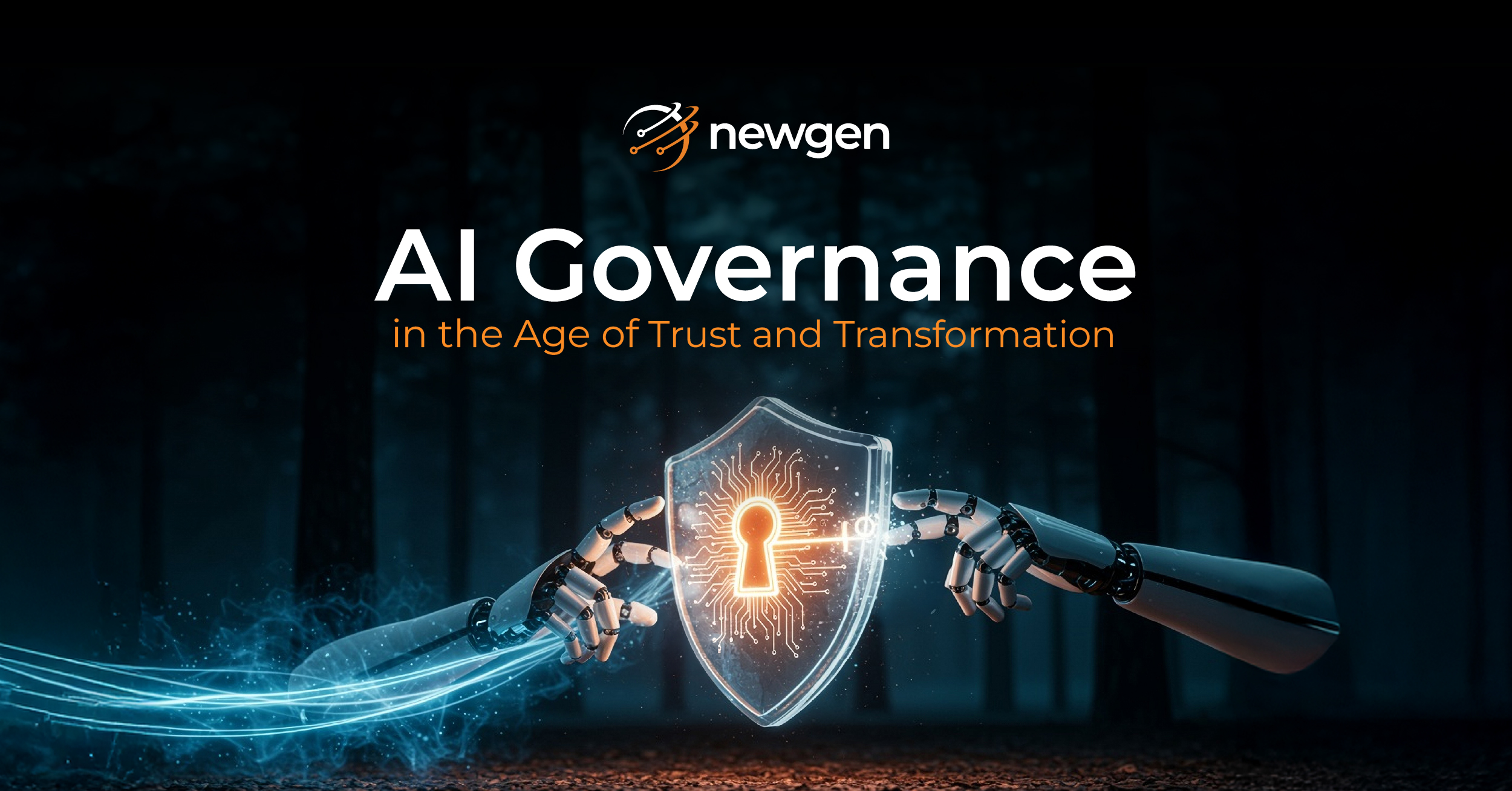According to Forrester – “Employees know content exists but are unsure where to find it.”
Enterprise Search Software plays a vital role in enhancing business functions, contributing significantly to organizational productivity and competitiveness. Since Enterprises are consuming content generated from multiple sources and in various forms. It is no longer limited to documents. It now includes audio, video, social, e-mails, and much more. Given the vast volume of data, the importance of Enterprise Search Software becomes increasingly clear, especially when it’s challenging to locate the precise information promptly. The significance of Enterprise Search Software becomes apparent when employees are required to pause their work, strategize, and search for content scattered across various systems, productivity takes a significant hit.
Don’t let your employees get lost in the content deluge. In an age where your enterprise users are accustomed to ‘Google-like’ experience when searching for information online, you need to take a step back and assess how you can empower them with effortless content discovery through Enterprise Search Software.
A powerful enterprise search capability built into your enterprise content management system (ECM) can enable efficient content discovery by enabling users to intuitively locate and access content quickly, regardless of the type of file, its format, or storage location.
Enterprise Search Capability Has Evolved by Leaps and Bounds. Are You Leveraging It?
Traditionally, enterprise content management systems used to have a basic search capability for the documents stored in their repository. But with time, enterprise search has become more specific and extensive.
Today one can search content by tags, words, phrases, wildcards, thesauruses, and more. A single search query can provide you relevant results from the entire enterprise content spread across multiple repositories and applications. This capability of Enterprise Search Software searching across repositories is known as “federated search”.
Essentially, Enterprise Search Software search works on the principle of leveraging metadata of files to scan through huge volumes of content quickly. However, this doesn’t imply that if the information is buried deep inside the content and not present in the metadata it is not searchable. Some of the top content management vendors have built search capabilities that can traverse through the content of each document and provide relevant results. This is known as “full-text search”.
The Future of Enterprise Search Capability
With artificial intelligence (AI) and machine learning (ML) venturing into every domain, enterprise search is not far behind. Some of the common examples of such use-cases are:
- More search term suggestions based on current search
- Suggested documents and files which might be related to a particular document being viewed
Today, having a great enterprise search capability that is built into your enterprise content management system can give you a tremendous competitive advantage.
Newgen’s contextual content services platform has a comprehensive, intuitive search capability that can help you increase your employee productivity by transforming their search experience. We have been recognized as a “Leader” with the highest possible scores in 12 Criteria in The Forrester Wave – Content Platforms, Q1 2023.
The NewgenONE Contextual Content Services Platform was assessed in The Forrester Wave™ alongside 12 other leading content platform providers, using 26 criteria categorized into current offering, strategy, and market presence. Newgen achieved a score of 4.11 out of 5 in the current offering category, marking it as the highest among Leaders and the second highest among all vendors evaluated.
You might be interested in





